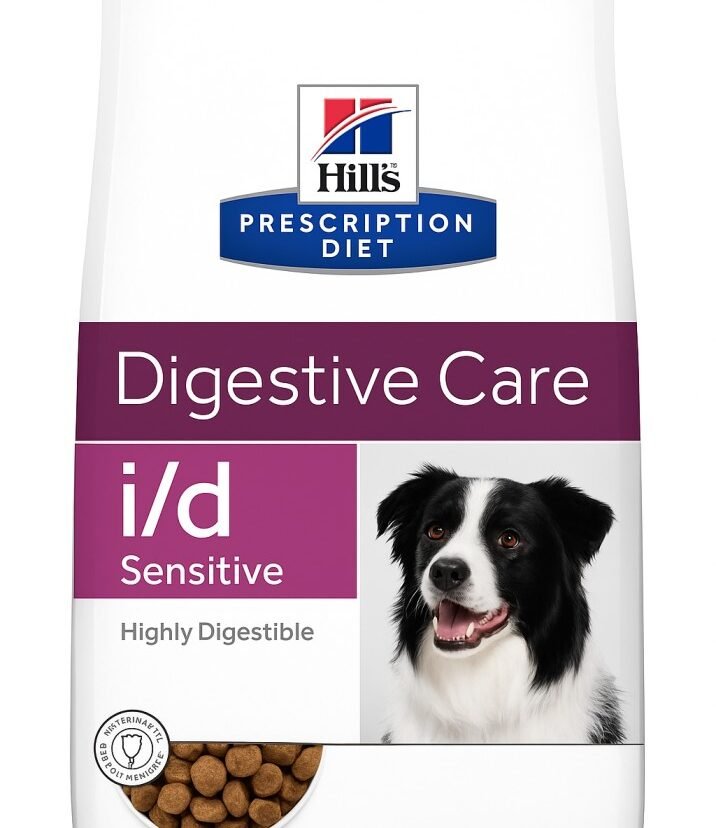ALKP in Dogs: What It Means and Why It Matters for Your Dog’s Health
When your vet mentions ALKP in dogs (also written as ALP or alkaline phosphatase), it can sound confusing or even alarming. ALKP is a common blood test marker, and while it doesn’t always indicate a serious problem, it can be a valuable clue about your dog’s liver, bone, or hormone health.
In this guide, we’ll explain what ALKP in dogs means, what high or low levels indicate, and how pet parents should respond to abnormal test results.
🧪 What Is ALKP in Dogs?
ALKP (Alkaline Phosphatase) is an enzyme found in various tissues throughout a dog’s body, especially in the liver, bone, kidneys, and intestines. It plays a role in breaking down proteins and aiding metabolic functions.
During a routine blood test or liver panel, your vet may measure ALKP levels to assess your dog’s overall health. Elevated or reduced levels of ALKP can indicate underlying issues that may need further investigation.
📈 High ALKP in Dogs: What Does It Mean?
Elevated ALKP in dogs is more common than low levels. An increase in ALKP often suggests:
1. Liver Disease
High ALKP is frequently associated with liver issues such as:
- Hepatitis
- Liver tumors
- Bile duct obstruction
- Cushing’s disease (hyperadrenocorticism)
In these cases, the liver may produce extra ALKP in response to damage or inflammation.
2. Cushing’s Disease
Dogs with Cushing’s disease often show high ALKP due to the overproduction of cortisol. This hormone stimulates the liver to produce more ALKP.
3. Bone Growth or Bone Disorders
In young puppies, elevated ALKP is often normal because of active bone growth. However, in older dogs, it may indicate:
- Bone tumors
- Osteomyelitis (bone infection)
- Healing fractures
4. Steroid Medications
Dogs taking corticosteroids such as prednisone can show high ALKP levels. This is a side effect, not necessarily a sign of disease.
📉 Low ALKP in Dogs: Is It a Concern?
Low ALKP in dogs is rare and usually not clinically significant. However, it might be seen in dogs with:
- Severe malnutrition
- Zinc deficiency
- Underactive thyroid (hypothyroidism)
Your vet may recommend further testing if other symptoms are present.
🔬 How Is ALKP in Dogs Tested?
ALKP is measured through a routine blood test—often part of a comprehensive biochemical panel during wellness exams, pre-surgery checks, or when your dog shows signs of illness.
ALKP levels are usually reported in IU/L (International Units per Liter). Normal ranges can vary depending on the lab, but a general guideline is:
- Dogs: 20 to 150 IU/L
Elevations are typically considered mild, moderate, or severe depending on how far above the range the levels fall.
⚠️ Symptoms That May Be Linked to High ALKP in Dogs
If your dog’s ALKP is elevated, you might also notice signs such as:
- Increased thirst and urination
- Lethargy or weakness
- Vomiting or diarrhea
- Abdominal swelling
- Loss of appetite
- Weight loss
- Jaundice (yellowing of the skin or eyes)
These symptoms can help your vet narrow down the cause of the ALKP elevation.
🧠 What To Do If Your Dog Has High ALKP
If your vet finds high ALKP in your dog, here’s what typically happens:
Step 1: Repeat the Test
Sometimes, elevated levels may be temporary. Your vet might repeat the test in a few weeks.
Step 2: Additional Diagnostics
If levels remain high, your vet may recommend:
- Liver function tests (ALT, AST, GGT, bile acids)
- Abdominal ultrasound
- Hormone testing for Cushing’s disease
- X-rays for bone evaluation
- Biopsy (in severe or unclear cases)
Step 3: Treatment Based on Cause
Treatment is not aimed at ALKP itself, but at the underlying cause:
- Liver support supplements (SAMe, milk thistle)
- Medication adjustments (e.g., reducing corticosteroids)
- Hormone therapy (if Cushing’s is diagnosed)
- Surgery or chemotherapy for tumors
🍲 Natural Ways to Support Liver Health in Dogs
If ALKP elevation is due to liver stress, you can help your dog by:
- Feeding a high-quality, vet-approved liver-support diet
- Offering supplements like Denamarin, SAMe, or milk thistle
- Avoiding processed treats and toxins
- Limiting unnecessary medications
Always consult your vet before adding any supplement to your dog’s routine.
🧬 Can ALKP in Dogs Be Prevented?
While you can’t always prevent diseases that cause high ALKP, these steps can help maintain your dog’s liver and bone health:
- Regular veterinary checkups and blood tests
- A balanced, high-quality diet
- Preventing obesity
- Using medications only under vet supervision
- Minimizing exposure to toxins and harmful chemicals
✅ Final Thoughts
ALKP in dogs is a valuable diagnostic marker that helps veterinarians detect issues involving the liver, bones, or endocrine system. While high ALKP levels can be concerning, they’re often manageable with proper diagnosis and treatment.
As a pet parent, staying informed and proactive is the best way to support your dog’s long-term health. If your vet mentions elevated ALKP, don’t panic—just follow up with the recommended steps, and work together for your pup’s best outcome.








Leave feedback about this